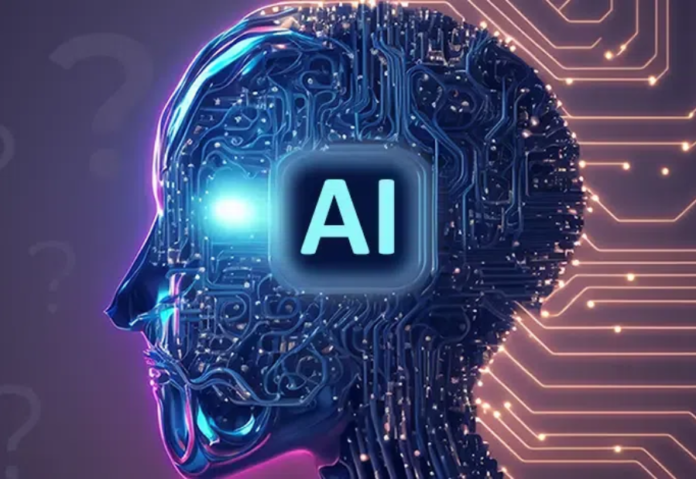Singapore-based start-up Atomionics handed its first customer its technology for defining ore bodies using gravity and AI.
Atomionics, a Singapore-based start-up, has delivered its first customer its technology that utilizes gravity and artificial intelligence to define ore bodies, which the firm claims could reduce costs and accelerate the development of mining projects.
Atomionics has now inked contracts with three large mining firms as part of a strategy to identify ore bodies of metals critical to the energy transition, CEO Sahil Tapiawala said, adding to work in Queensland state with New Hope (NHC.AX) affiliate Bridgeport Energy.
The mining companies are anticipated to complete data collection and analysis using Gravio’s “virtual drill” technology early next year, he stated.
“We are actively deploying for critical minerals, so specifically copper, nickel, and zinc,” Tapiawala said, adding that the technology was being pushed out in Australia and the United States.
Due to commercial confidentiality, he declined to identify the miners. A number of Singapore-based government organizations and significant investors have funded the privately held company.
Atomionics, like many other exploration technologies, uses the gravity signatures of various minerals to determine their location beneath the earth.
It can do so more precisely than traditional air-based survey approaches, and Atomionics uses artificial intelligence to process data in real time, speeding up the effort of characterizing ore bodies, according to Tapiawala.
Drilling a single hole to look for minerals might cost anything from $10,000 to $50,000. A lithium miner may need up to 400 holes to prove a resource, so creating a more accurate virtual model before drilling might reduce expenses.
“The key challenge is that sometimes drill holes don’t actually hit the reserve,” Tapiawala said.
He noted that Atomionics hopes to cut these “empty” samples in half.
The mining industry uses a variety of methods to locate minerals, such as ground-penetrating radar and aeromagnetic surveys, although no single method guarantees success.
KoBold Metals, a California-based business backed by billionaires Bill Gates and Jeff Bezos, is also utilizing artificial intelligence to find metals like lithium.
“The energy industry would traditionally defer to seismic data before undertaking any drilling project,” Bridgeport Energy exploration manager Cameron Fink stated.
“With further development, Gravio can present itself as a low-cost alternative to traditional methods of exploration.”
Do Follow: CIO News LinkedIn Account | CIO News Facebook | CIO News Youtube | CIO News Twitter
About us:
CIO News, a proprietary of Mercadeo, produces award-winning content and resources for IT leaders across any industry through print articles and recorded video interviews on topics in the technology sector such as Digital Transformation, Artificial Intelligence (AI), Machine Learning (ML), Cloud, Robotics, Cyber-security, Data, Analytics, SOC, SASE, among other technology topics.






